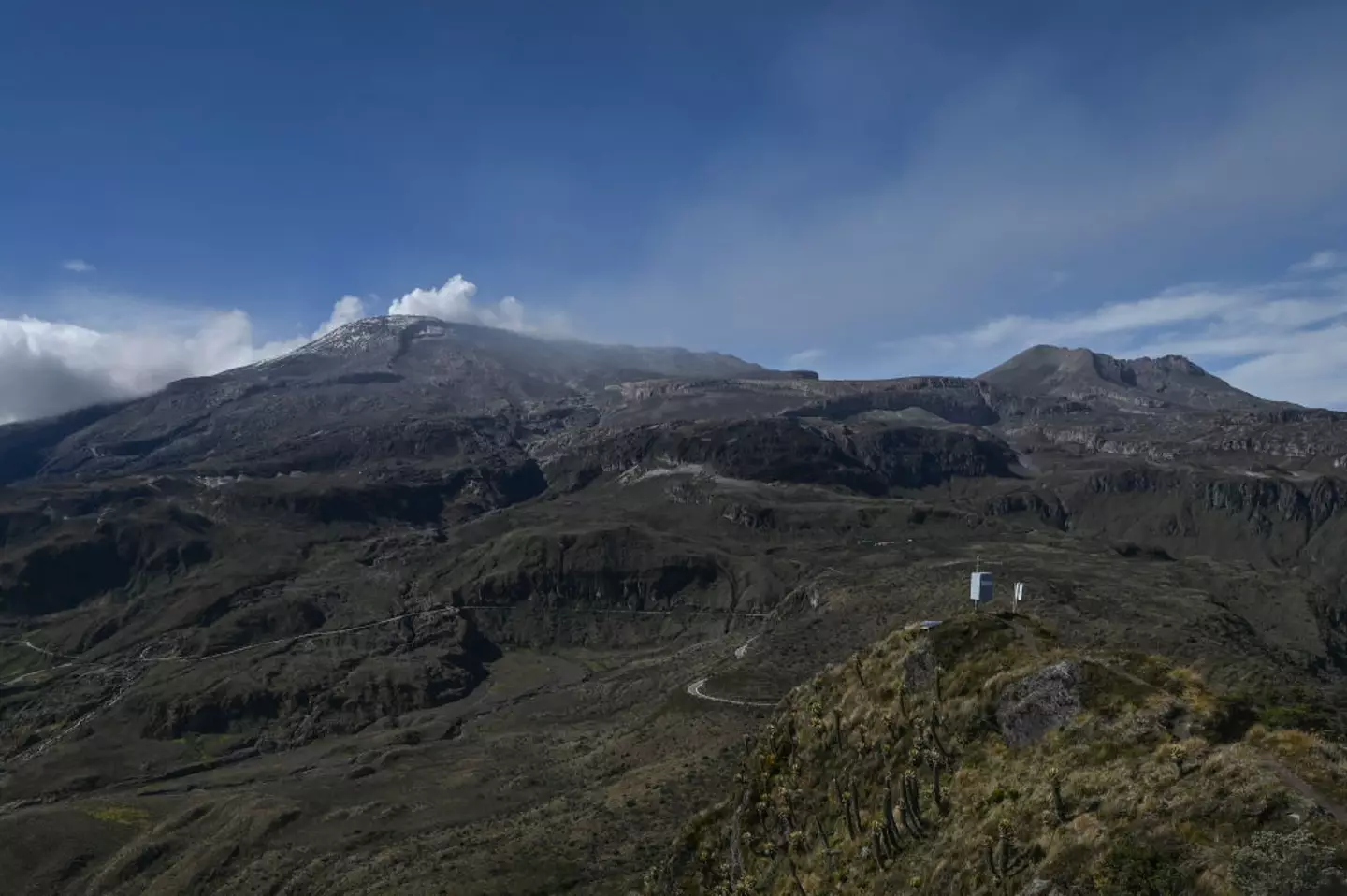The photographer who captured a picture of a girl moments before her death, has explained why he didn’t save her.
In 1985, Nevado del Ruiz volcano in Armero, Columbia erupted – resulting in a tragic natural disaster.
20,000 residents in the South American region died, as a result of volcanic lava and ice that rushed into river valleys and entered their villages.
13-year-old Omayra Sánchez Garzón was amongst those who passed away, after becoming trapped in the debris caused by a mudslide, dying after 60 hours of being stuck.
There were numerous attempts to save the young girl, but each was unsuccessful.
.webp)
Omayra Sánchez Garzón became the face of the disaster in 1985. (Wikimedia Commons)
According to The Sun, her legs were trapped under a door, and her deceased auntie’s arms were gripped tightly around her legs and feet, which made manoeuvring her very difficult.
Each time a group of rescuers attempted to pull her out, more of the mud pooled around, and there were fears she would drown if they let go.
To keep her afloat for all those hours, they placed a tire around her, and gave her sweet foods.
A famous photograph of Omayra was taken by a photojournalist who became villainized in the press following the release of the image.
People questioned why he did nothing to save the girl, but instead, took a picture of her during her final hours.

The Nevado del Ruiz volcano in Colombia. (Photo by JOAQUIN SARMIENTO/AFP via Getty Images)
During an interview with the BBC in 2005, French photographer Frank Fournier, who took the infamous image, opened up about why he made the controversial decision.
Fournier explained that it was an ‘impossible’ task to save Omayra.
He said: “There was an outcry – debates on television on the nature of the photojournalist, how much he or she is a vulture.
“But I felt the story was important for me to report and I was happier that there was some reaction; it would have been worse if people had not cared about it.
“I am very clear about what I do and how I do it, and I try to do my job with as much honesty and integrity as possible.
“There was an obvious lack of leadership.
“There were no evacuation plans, yet scientists had foreseen the catastrophic extent of the volcano’s eruption.
“People still find the picture disturbing.”
He also noted how the image helped to raise money around the world for aid.
Featured Image Credit: Wikimedia Commons/Frank Fournier





